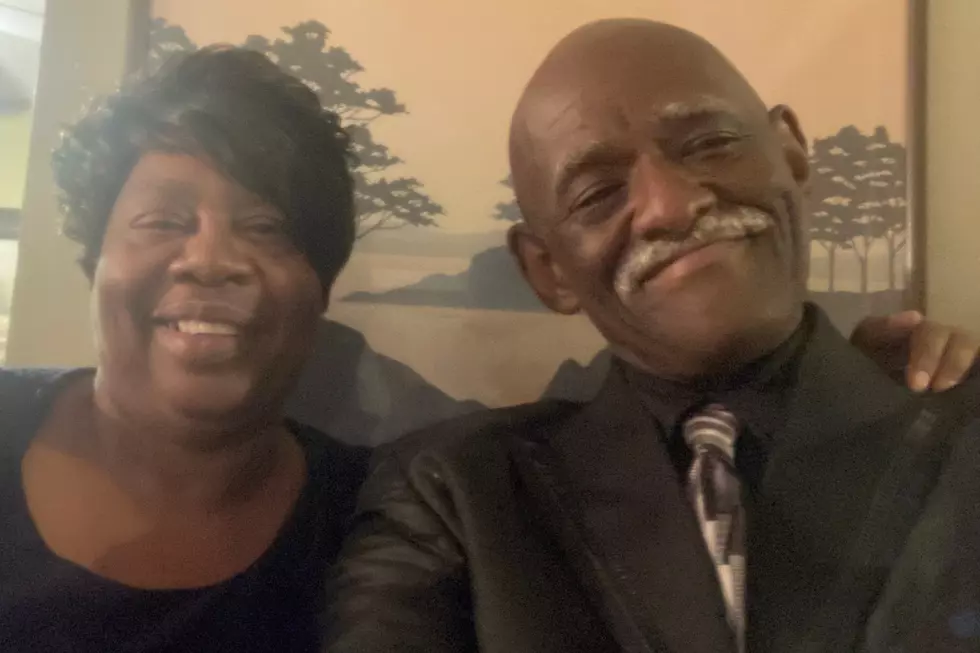
Tuscaloosa’s Lost Black History Hero Solomon Perteet

As we commemorate Black History Month, it is crucial to delve into the remarkable life of Solomon Perteet (Perteat), a free black man who left an indelible legacy in Tuscaloosa, Alabama, during the antebellum period. His story is one of resilience, entrepreneurship, and a nuanced relationship with the institution of slavery, challenging stereotypes and highlighting the complexities faced by free blacks in the South. Tuscaloosa must not forget this hero who is buried in Greenwood Cemetery.
Born in 1789 in Wilkes County, Georgia, Solomon Perteet's origins are cloaked in mystery. The illegitimate child of a white woman from a respectable family that owned slaves, Perteet's early years were spent with the family until he began an apprenticeship as a bricklayer at the age of 11. This early experience laid the foundation for his future success as a craftsman.
Perteet migrated to Tuscaloosa between 1820 and 1830, seeking opportunities in the rapidly growing town. Despite the challenges faced by free blacks in the South, Perteet, a skilled plasterer and bricklayer, aimed to establish himself in the burgeoning construction industry.
Perteet's entrepreneurial spirit thrived in Tuscaloosa. Despite facing hurdles in establishing himself, he engaged in successful real estate ventures and legal battles, demonstrating his tenacity and commitment to justice. Notably, Perteet loaned money to white individuals and, when faced with default, took them to court, consistently winning in every documented case.
In 1818, Perteet married his first wife, a free woman of color in Georgia. By 1820, he had acquired a slave, a practice not uncommon among free blacks who sought to protect their families or engage in the slave trade for various reasons. The ambiguity surrounding Perteet's stance on slavery persists, but historical records suggest he may not have been motivated solely by financial gain.
Upon arriving in Tuscaloosa, Perteet purchased another slave, Lucinda, who later became his second wife. Perteet, displaying a commitment to emancipation, petitioned the Legislature to free Lucinda and her son William. Additionally, he played a crucial role in the liberation of local slaves, including Ned and Daniel Berry, by purchasing them and allowing them to work off their debts.
Perteet's life was a tapestry of challenges and triumphs. As Alabama seceded from the Union in 1861, free blacks like Perteet faced potential exile. Only the intervention of a friend, Senator Robert Jemison, spared him from this fate. Perteet, however, did not outlive the Civil War, passing away in 1863.
Solomon Perteet's legacy endures, challenging conventional narratives about free blacks in the antebellum South. Buried in the section of the old Greenwood Cemetery reserved for whites, his grave is surrounded by a fence - a symbolic testament to lingering racial distinctions. Today, the building on University Boulevard, where he once operated his store, remains, possibly the only antebellum black-owned building still standing in Tuscaloosa.
As we reflect on Solomon Perteet's life during Black History Month, we celebrate a man whose journey reflects the complexities of the era - a man who, through resilience, entrepreneurship, and a commitment to justice, carved a unique place for himself in the pages of history and in Tuscaloosa.
2024 Farmers’ Almanac Spring Weather Forecast
Gallery Credit: Mary K
More From Praise 93.3









